
😅 我吃了面包,和喝了牛奶?Wait… That’s Wrong?!
Said “我吃了面包,和喝了牛奶”?Sounds natural in English, but it’s a typical Chinese mistake! Learn how to connect actions correctly using 也 or 还, with examples and fun practice.
Continue reading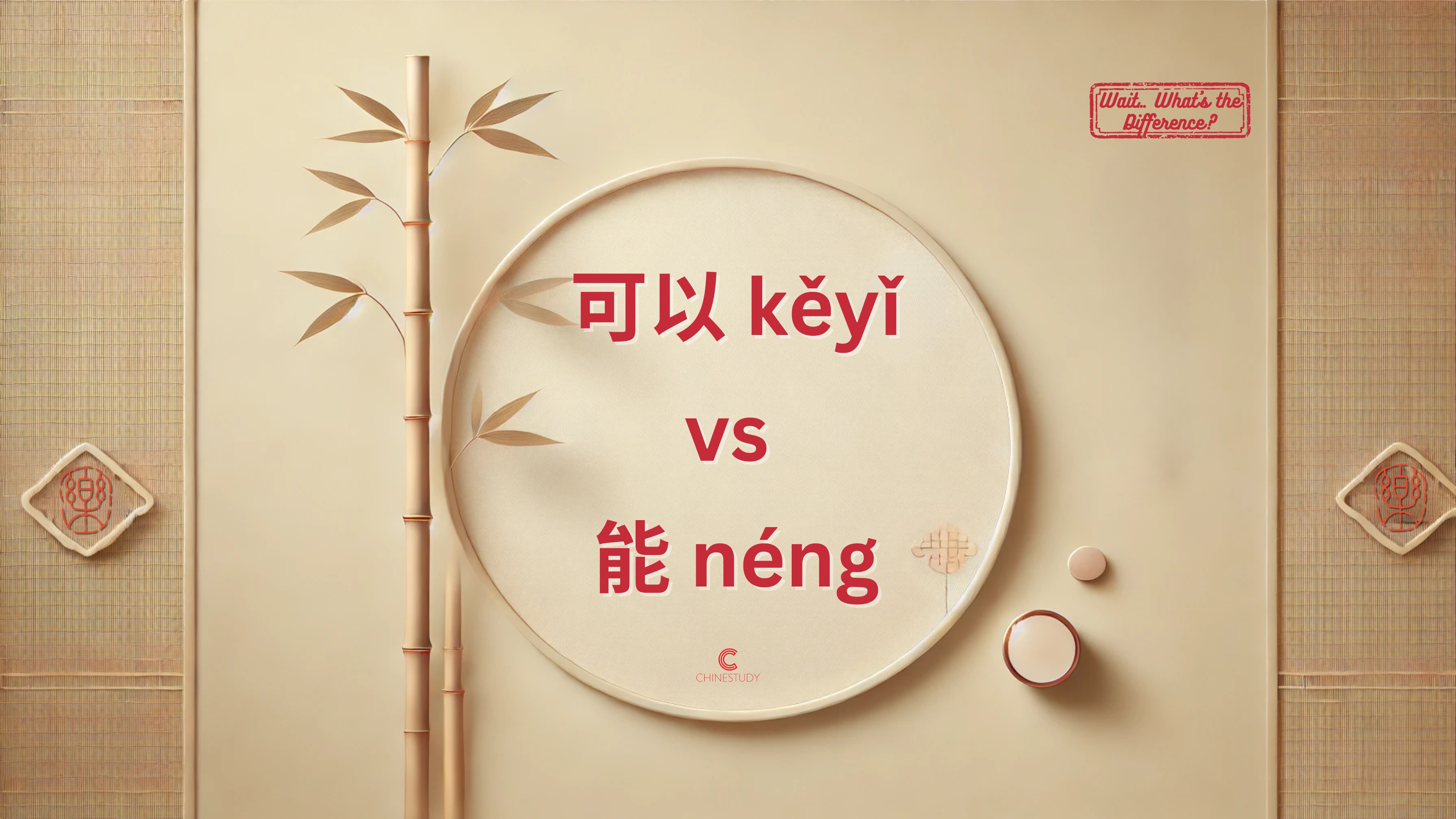
🧐 可以 kěyǐ vs 能 néng – What’s the Difference?
Confused about when to use 可以 and when to use 能? This guide makes it simple! Learn how to express permission and ability with real-life examples and fun practice.
Continue reading
😅 三个人们?Wait… That’s Wrong?!
Ever said “三个人们 (sān ge rénmen)” to mean “three people”? It sounds okay in English, but it’s actually a common Chinese mistake! Learn when to use 人 vs. 人们 with clear rules, examples, and fun practice.
Continue reading
🧐 有点儿 yǒudiǎnr vs 一点儿 yìdiǎnr – What’s the Difference?
Learn the difference between 有点儿 and 一点儿 in Chinese. This clear and fun guide explains when to use each word with easy examples and common mistakes to avoid.
Continue reading
😅 我今天二点上课?Nope! Say 两点 – Here’s Why
Many learners say “二点” when talking about time—but that’s not correct! Learn why it should be “两点” and why “十二点” is fine.
Continue reading
🧐 能 néng vs. 会 huì – What’s the Difference?
What’s the difference between 能 (néng) and 会 (huì)? Both mean "can," but they’re used differently! This blog explains how to use them with fun examples and easy tips.
Continue reading
😅 我起床八点 Wait… That’s Wrong?!
Do you say “我起床八点”? That sounds okay in English, but it’s wrong in Chinese! Learn where to place time words like 八点 in your sentences.
Continue reading
😅 他是高 Wait… That’s Wrong?!
Do you say "他是高"? It's a common mistake! Learn why you shouldn't use 是 (shì) before adjectives in Chinese, and how to say it right.
Continue reading
😅 我想一个苹果。 Wait… That’s Wrong?!
Do you say "我想一个苹果"? It's a common mistake! Learn the difference between 想 (xiǎng) and 想要 (xiǎngyào) to avoid this error.
Continue reading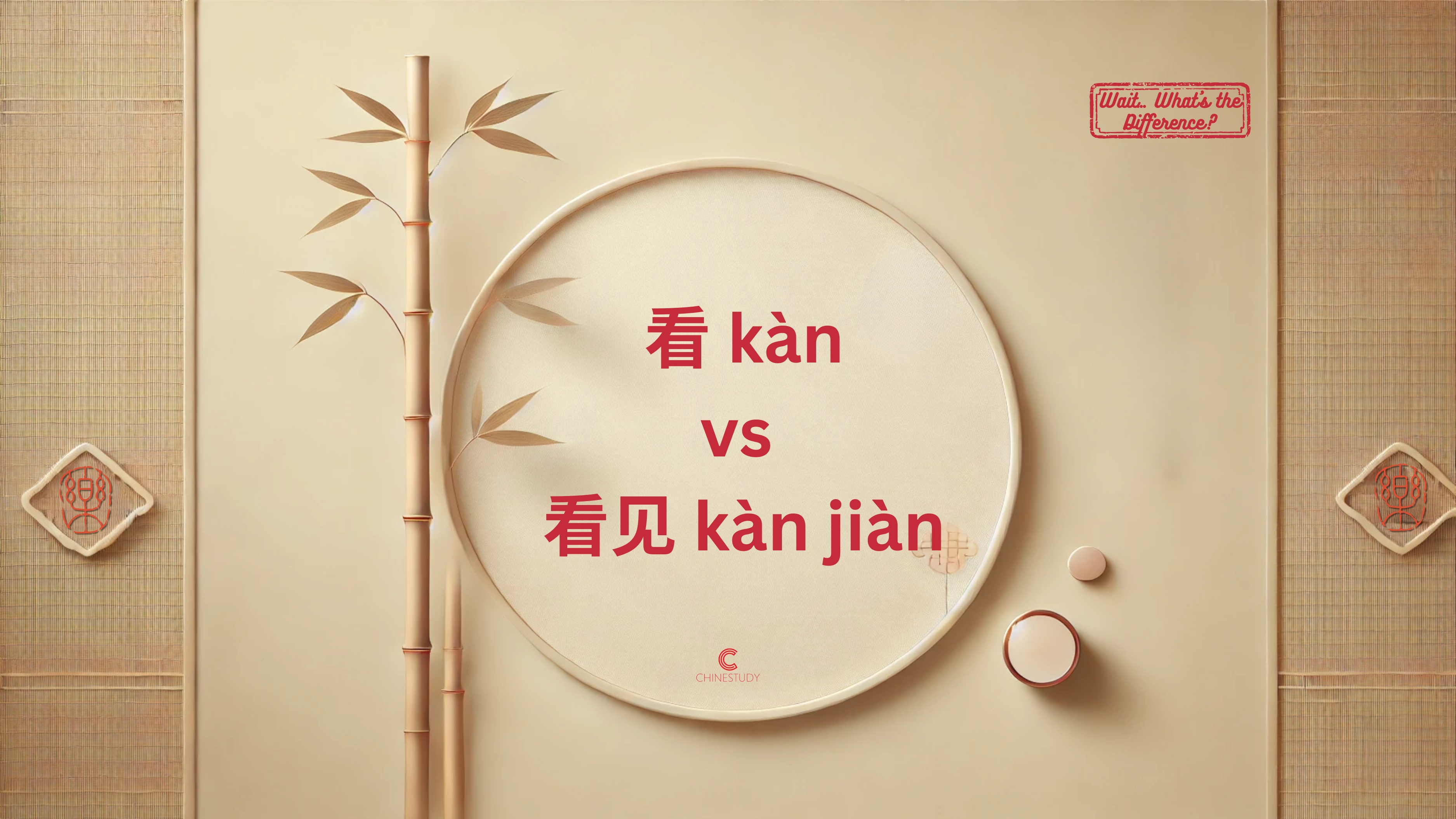
🧐 看 kàn vs. 看见 kànjiàn – What’s the Difference?
Confused about 看 (kàn) and 看见 (kànjiàn)? 看 is for looking or watching, while 看见 means successfully seeing something. Learn how to use both with simple tips and examples!
Continue reading
😅 昨天我没去公园了。 Wait… That’s Wrong?!
Learn why “没” and “了” don’t go together, and how to talk about things that didn’t happen — the right way.
Continue reading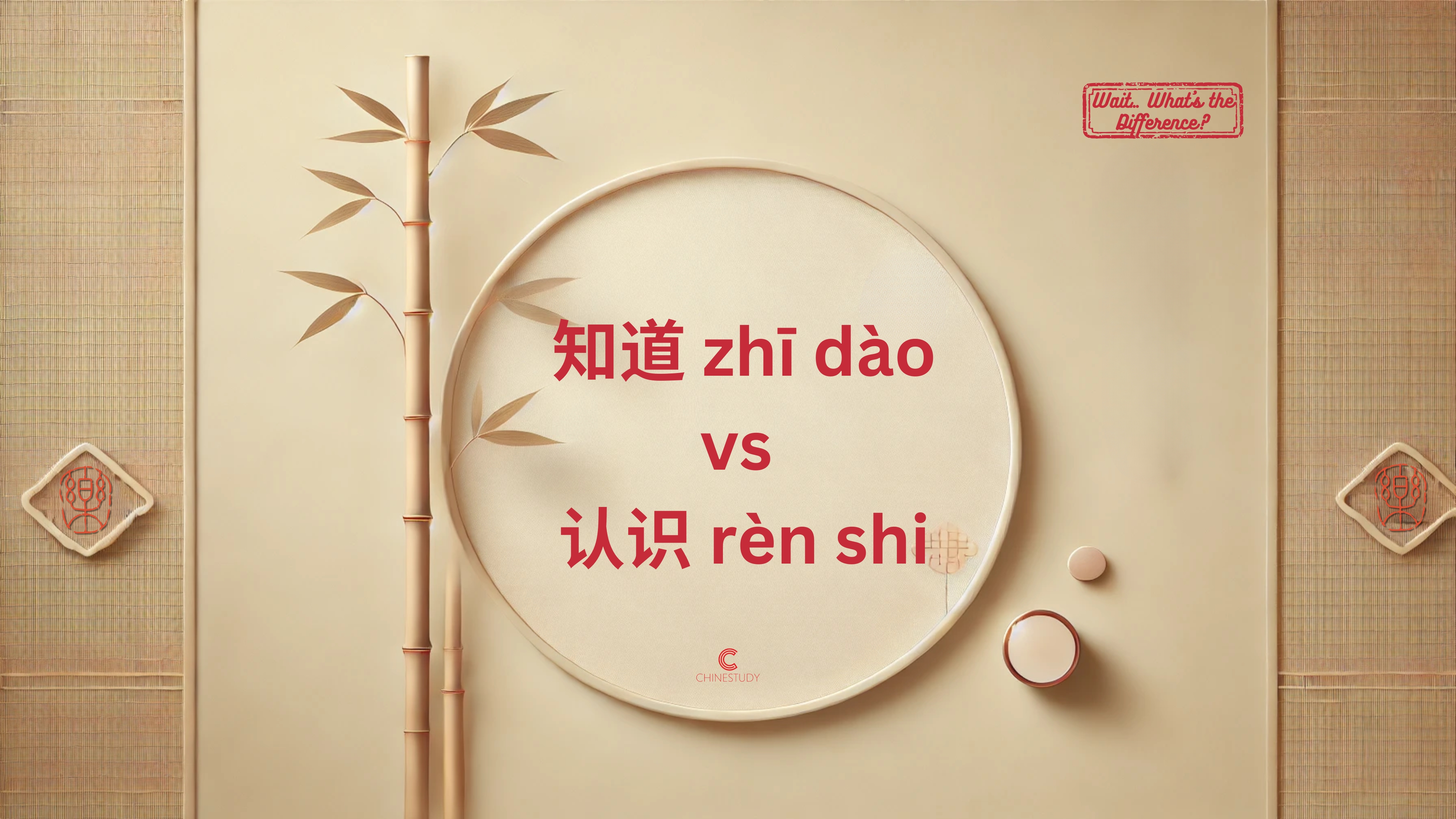
🧐 知道 zhīdào vs. 认识 rènshi – What’s the Difference?
Confused about the difference between 知道 zhīdào and 认识 rènshi? Learn how to use these two Chinese verbs correctly, with clear examples and fun practice!
Continue reading
😅 昨天我不去公园。 Wait… That’s Wrong?!
Think "昨天我不去公园" is okay? Not quite! Discover why this common mistake happens and how to fix it with one simple rule about 不 and 没.
Continue reading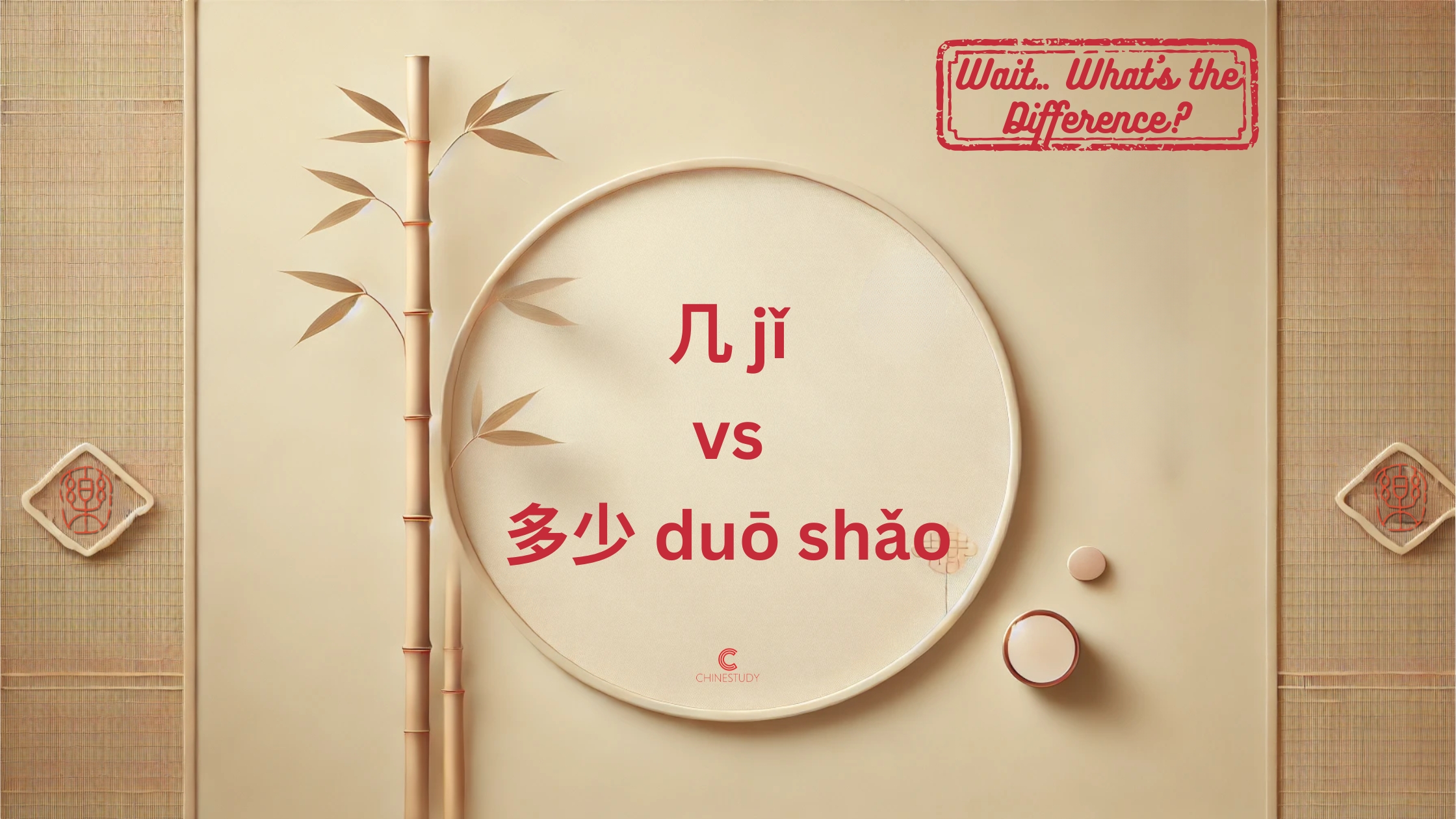
🧐 几 jǐ vs 多少 duō shǎo – What’s the Difference?
🧐 What’s the difference between 多少 (duō shǎo) and 几 (jǐ)? Learn when to use each with simple examples and one easy tip for everyday Chinese!
Continue reading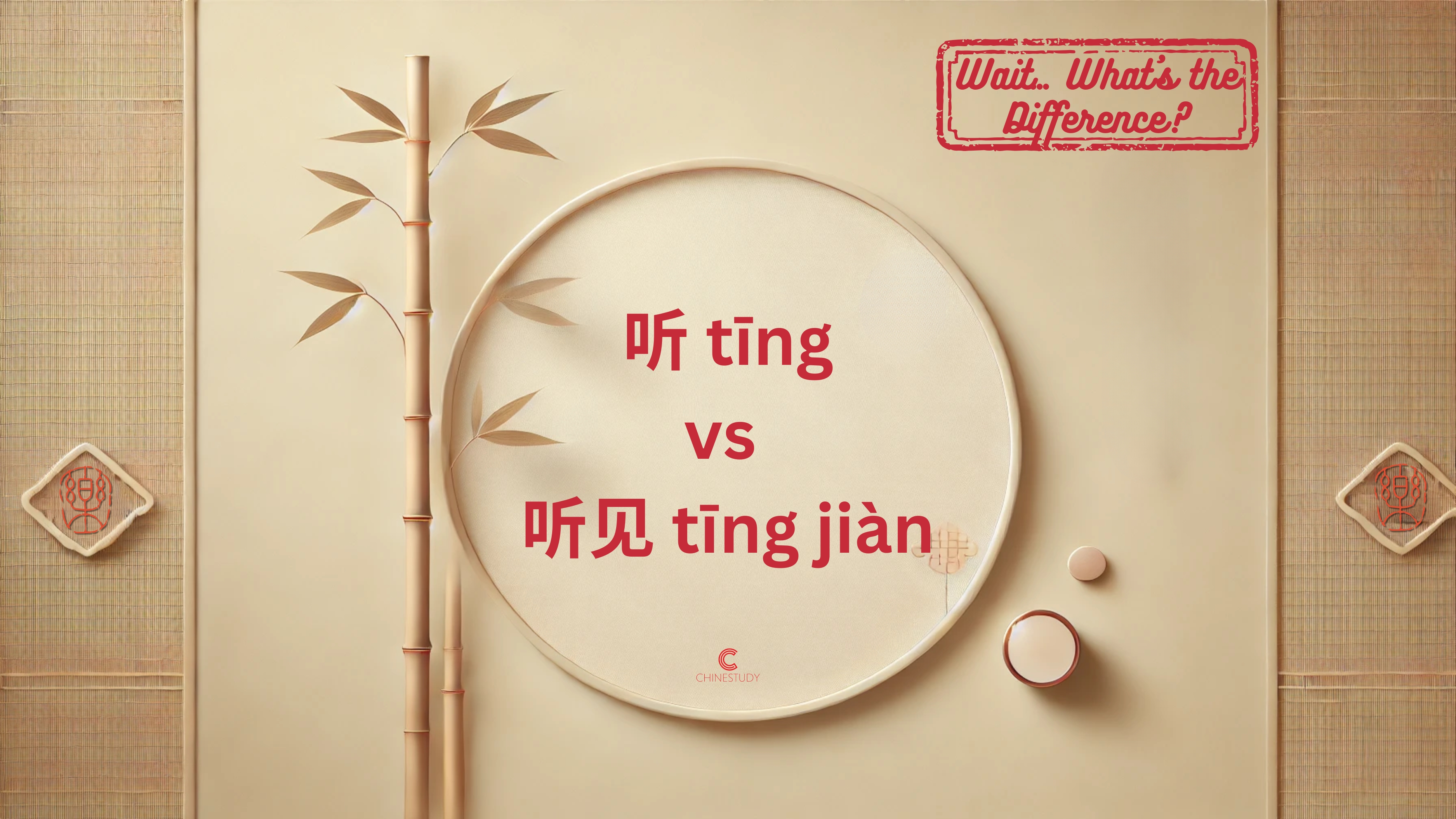
🧐 听 tīng vs 听见 tīng jiàn – What’s the Difference?
🧐 What’s the difference between 听 (tīng) and 听见 (tīng jiàn)? Learn how to use them correctly with simple examples and an easy tip!
Continue reading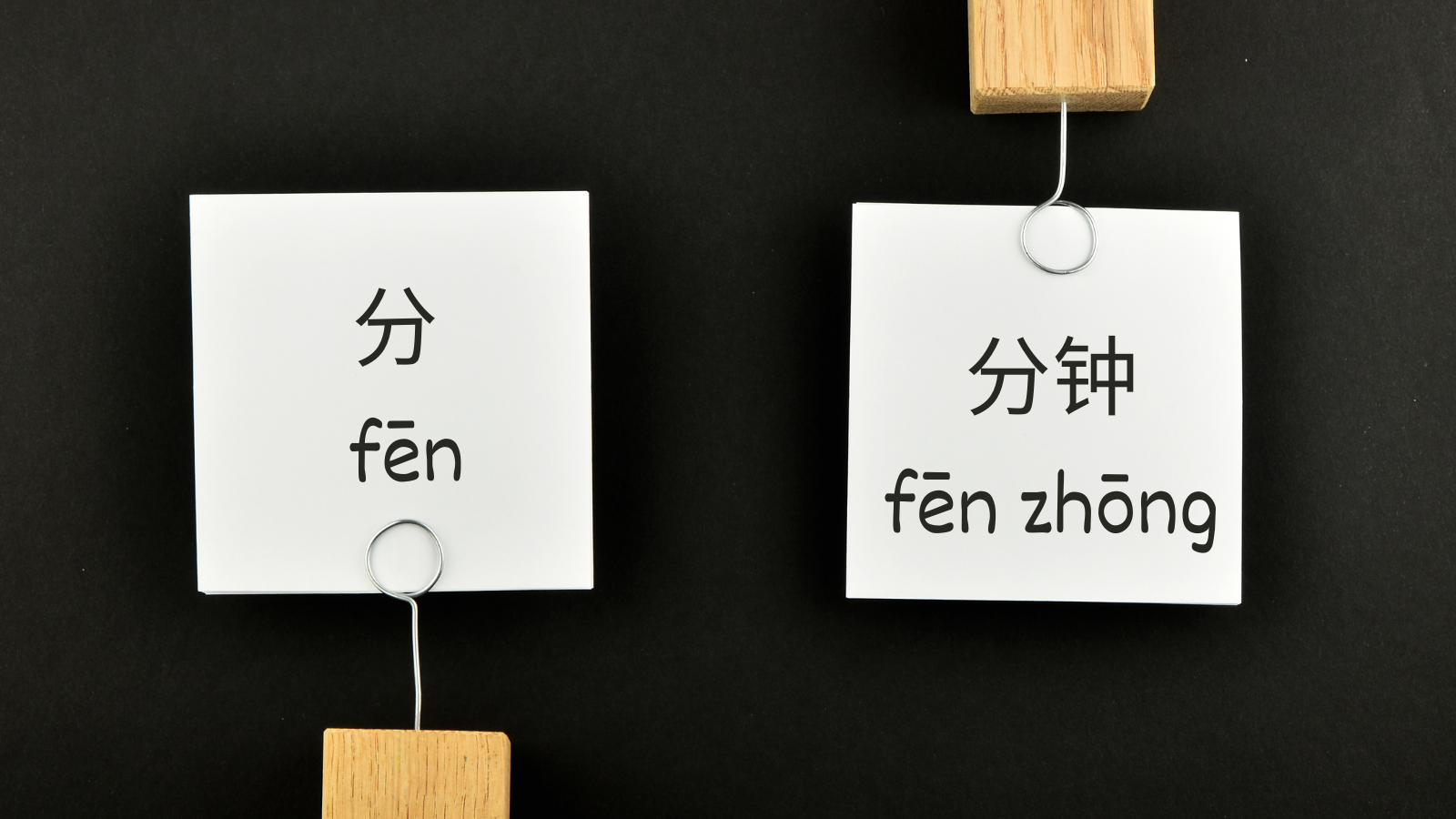
分 (fēn) and 分钟 (fēnzhōng): The Difference in Meaning and Usage in Chinese
Learn the difference between the Chinese words 分 (fēn) and 分钟 (fēnzhōng), their unique connotations, and get insight on how to use them for your own conversations with native speakers.
Continue reading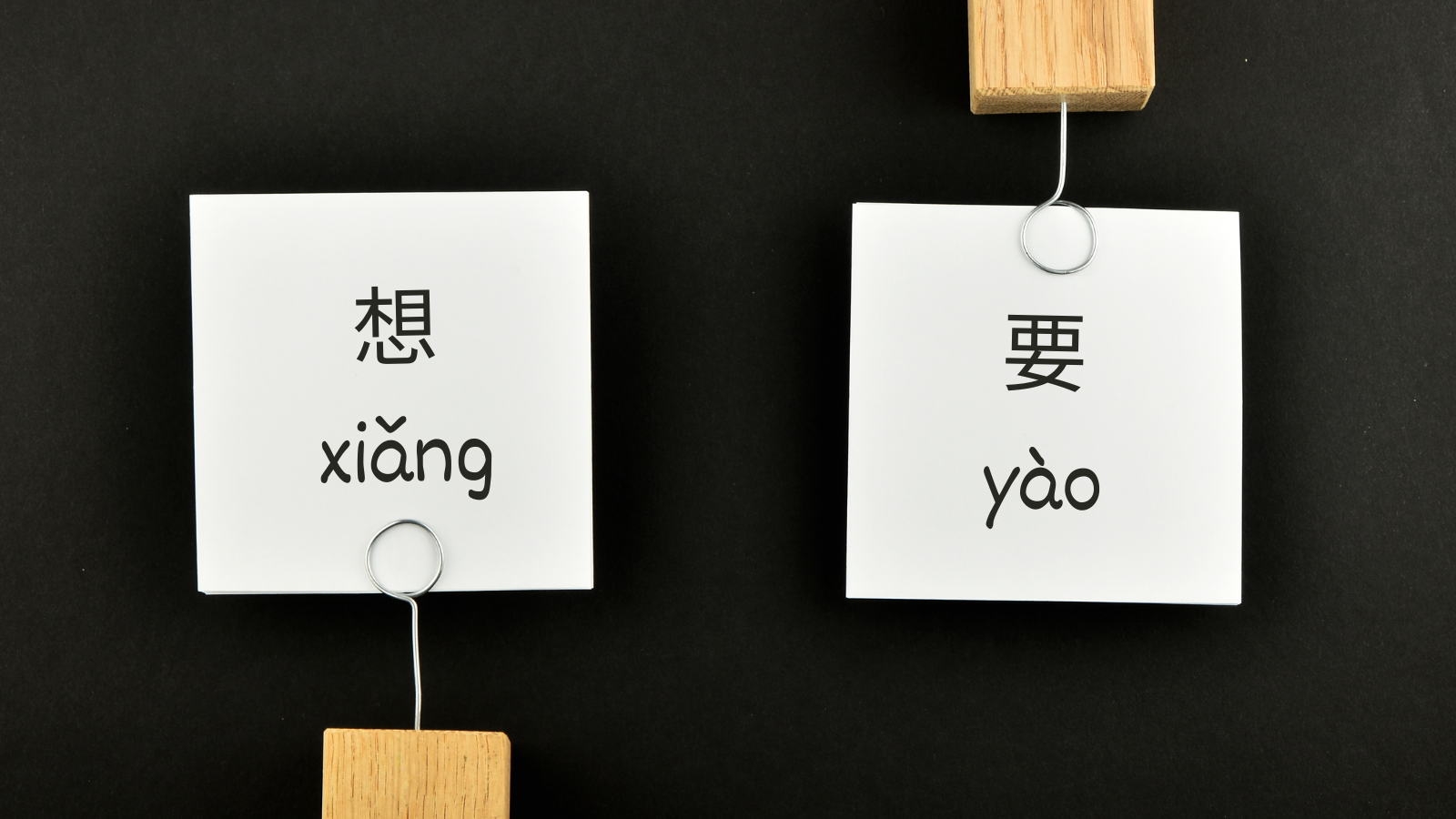
想 (xiǎng) vs 要 (yào) | The Differences Explained
Are you trying to learn the subtle differences between the Chinese words 想 (xiǎng) and 要 (yào)? Learn exactly how they are used with examples so you can understand them better in context.
Continue reading